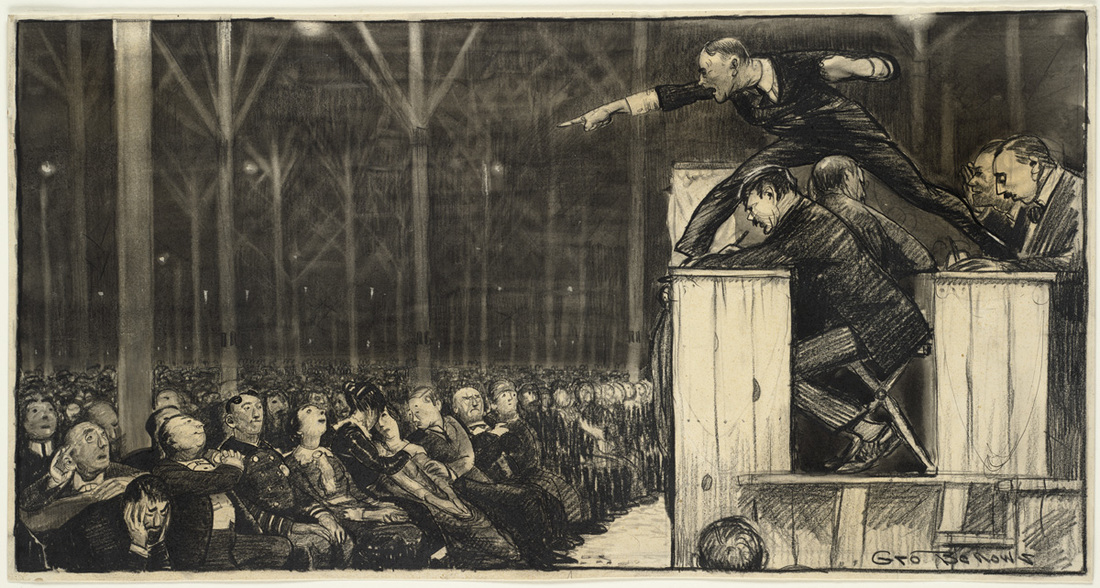|
Growing up in the church, one of the greatest misconceptions (or rather, means of controlling a congregation), is through the axiom that our circumstances are dictated by our sins. Plainly, you do something bad, God will punish you. Strike you down with a lightning bolt or send a plague of mosquitoes to suck the blood from your body all because you stole an AlmondJoy from an AMPM. In all honesty, I swallowed this doctrine, albeit I was raised in the Assemblies of God church so judgement and condemnation were the staples of the denomination. But, as I grew older and truly read the Scriptures for myself, this notion of sin=punishment is completely unfounded. Especially if you believe in Jesus Christ. John 9 tells the story of a blind man Jesus healed which started a ruckus among the religious leaders. At the start of the chapter, the disciples ask Jesus “who sinned, this man or his parents, that he was born blind?” What kind of stupid question is that?
He tells them, “Neither this man nor his parents sinned but this happened so that the works of God might be displayed in him.” Amazing how a singular statement can deconstruct millennia of religious doctrine. As Jesus claims, no one sinned. In fact, sin had nothing to do with this man being born blind or the current state he found himself when Jesus walked by. Bad things happen to good people all the time. William Branahm lost his wife and child doing the will of God with his healing ministry and also nearly deteriorated physically to the point of death because he was doing what God had ordained him to do since birth. What was his sin? Hudson Taylor. Nate Saint. The list of righteous men and women facing great suffering doing the will of God goes on and on. Yes, there are consequences for our actions. If I rob a liquor store at gunpoint, chances are I will be either thrown in jail or shot by the store owner who stashes a 12 gauge under the counter. Those are consequences of my poor decisions. If I drink and drive, there are terrible and tragic results. However, the negative consequences of these choices (or sins) are enacted by human means i.e. arrested, shot, scolded, etc. But sin does not result in physical ailments or the death of family members. If this logic had any merit, no one would sin! Johnny steals a Sprite, he gets a brain tumor. Randy calls a woman a whore, he gets hit by a semi and loses both his legs crossing the street. The immediacy of the consequence to the action is a natural deterrent and, most likely, we would live in a utopia free of crime, malice and Youtube comments. But the majority of our sins go unpunished. Our harsh thoughts or painful words happen but we live our lives unscathed, free of divine wrath. Why is that? Jesus tells us. Bad things are allowed to happen so God’s work, His nature, His grace, can be demonstrated through the tragedy. Our difficulties and hardships are necessary in order for God’s love to illuminate our lives. For us and for others. The perception of hardships as divine consequences are ridiculous. Just ask Job. As Paul address in the New Testament, we must embrace our hardships. More specifically, rejoice in our hardships. As a piece of glass is battered smooth in the waves, the pain we endure refines us and fulfills the calling God has of who He created us to be. The abuse you might have suffered is not a reflection of your heart. It is a necessary evil to lead you (and possibly others) toward a great revelation and relationship with your Creator. No one needs faith when everything goes right. Not if, but when the storm comes, embrace the wind, the rain, the hail and the blows because they are our definition, not our consequence of sin. |
Info
"And there was a kid with a head full of doubt so I screamed til I died until all those bad thoughts were finally out." Archives
December 2017
Categories |


 RSS Feed
RSS Feed